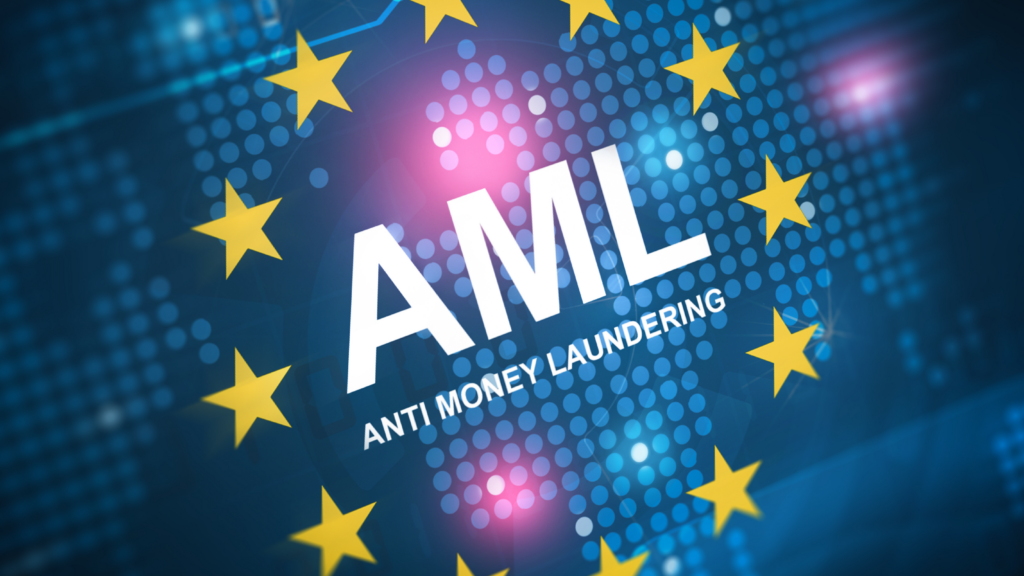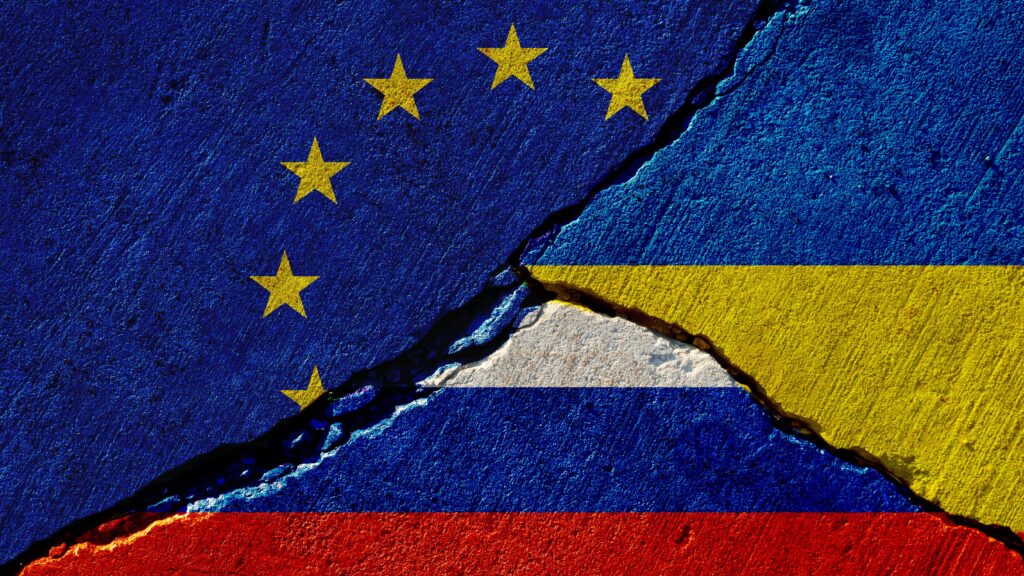Andreas Winde
Managing AML Compliance Expert
Bachelor of Science in Insurance Business
-
 Andreas is a highly skilled professional with 20+ of experience in leading teams and steering complex projects.
Andreas is a highly skilled professional with 20+ of experience in leading teams and steering complex projects.
-
 Having grown up in the financial industry, he has gained a holistic overview of the business environment by working across various areas, including AFC, AML, and compliance.
Having grown up in the financial industry, he has gained a holistic overview of the business environment by working across various areas, including AFC, AML, and compliance.
-
 His practical experience in driving AFC solution implementation projects and setting up quality assurance controls has equipped him with a deep understanding of business processes and the entire governance system. This enables him to successfully connect Compliance, Business departments, IT teams, and top management.
His practical experience in driving AFC solution implementation projects and setting up quality assurance controls has equipped him with a deep understanding of business processes and the entire governance system. This enables him to successfully connect Compliance, Business departments, IT teams, and top management.
-
 His ability to understand business risks in different regulatory environments and develop effective mitigation plans significantly enhances the decision-making process.
His ability to understand business risks in different regulatory environments and develop effective mitigation plans significantly enhances the decision-making process.
-
 Trained as an entrepreneur, his innovative approach consistently brings fresh, effective solutions to the table.
Trained as an entrepreneur, his innovative approach consistently brings fresh, effective solutions to the table.
Published articles
For more than five decades, the Assad family ruled Syria with an iron hand, shaping the country through authoritarian control, political oppression and systematic human rights violations. From Hafez al-Assad's seizure of power in 1971 to Bashar al-Assad's escape in 2024, the country has now borne the consequences of dictatorship, war and international isolation.
The European Union will implement a transformative AML framework in July 2025, taking a significant step in the fight against money laundering and terrorist financing. This new package, already adopted in 2024 in response to persistent vulnerabilities in the financial system and the complexity of cross-border risks, offers an ambitious overhaul of the regulatory landscape.
Russia’s persistent efforts to bypass the oil price cap have prompted the European Union to take decisive action in its 15th sanctions package. This new set of measures targets loopholes that have enabled Russia to continue exporting oil and sustaining its revenues. By blacklisting 52 additional vessels—bringing the total to 79—the EU is focusing on Russia’s shadow fleet, a network of aging, underregulated ships central to its evasion strategies. This initiative has the potential to increase the cost and complexity of sanctions evasion while addressing the significant safety and environmental concerns associated with these high-risk vessels.




